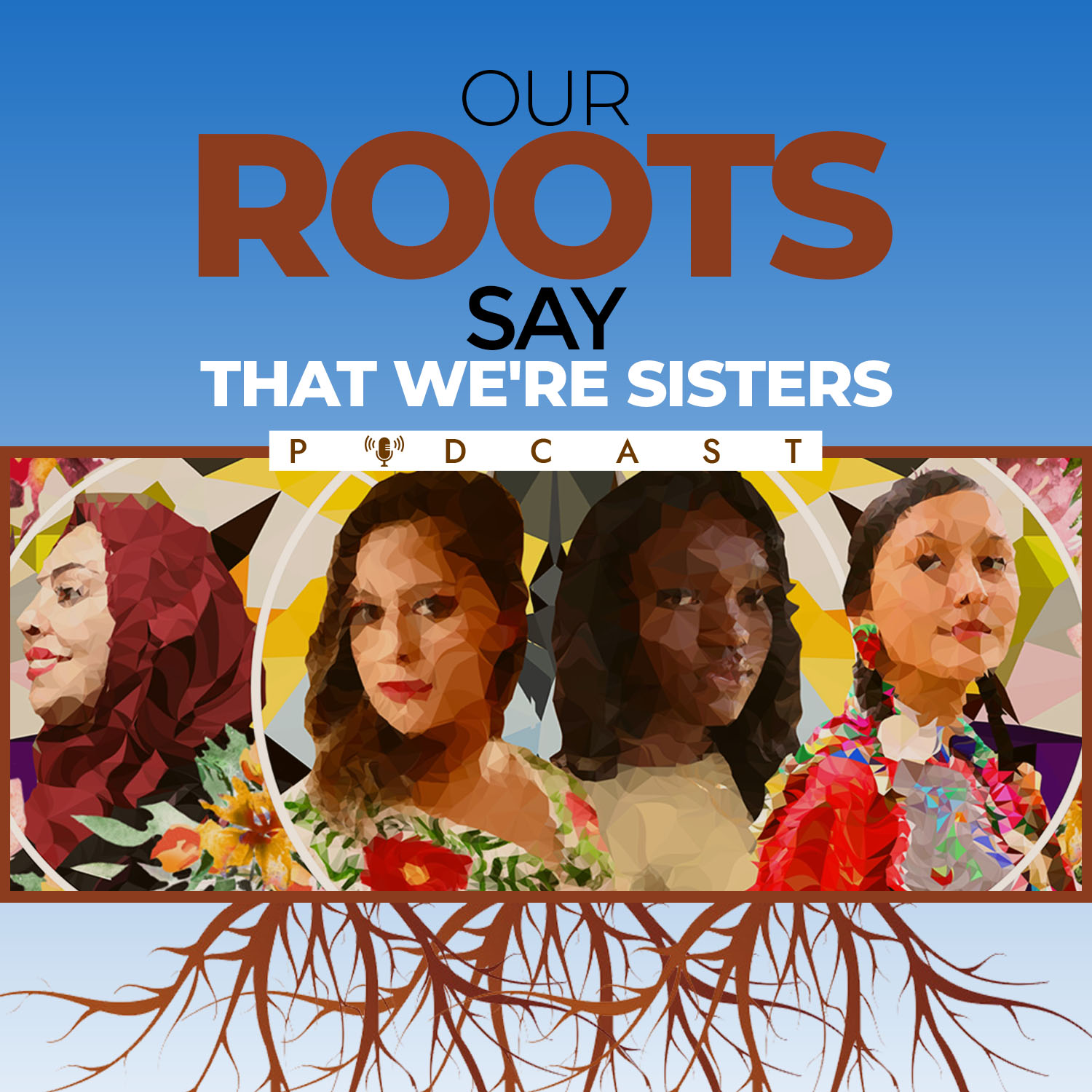Listen "Intergenerational Health and Community-Centered Research with Dr. Kimberly D'Anna Hernandez"
Episode Synopsis
In this inspiring episode of Our Roots Say That We’re Sisters, Dr. Kimberly D'Anna Hernandez, Associate Professor of Psychology at Marquette University, shares her remarkable journey navigating academia as a Chicana, a single student-parent, and a trailblazer in stress biology research. Dr. Hernandez reflects on the intersection of her identity, life challenges, and professional aspirations, highlighting how her lived experiences have shaped her research into social and cultural stressors, intergenerational health disparities, and community-based mental health initiatives.From her roots in zoology and behavioral neuroscience to her current work addressing medical violence and systemic inequities in Milwaukee’s perinatal care systems, Dr. Hernandez emphasizes the importance of community-engaged research and the power of cultural representation in higher education spaces. She also offers an honest look into her personal journey, balancing her roles as a mother, researcher, and mentor.Episode Highlights: 04:36 - I was trying to merge my identities because the whole time I was in graduate school, I was actually trying to leave. I couldn’t figure out where I fit. My people weren’t the people in my cohort. I was part of a single-parent group that was mainly women of color.07:10 - Community-engaged research is about equity. You meet with community partners, talk about their needs, and design a project together that you both own and have voice in. It takes real time to build those relationships.15:50 - I always want to show gratitude to those who came before me, whose shoulders we stand on, and whose legacy we’re lucky to be a part of. But I also want to keep DEI initiatives alive despite the fear-mongering against them. It’s dangerous not to name that we’re striving for diversity, equity, and inclusion.Interview:What’s the story you'd like to share with us today?01:23 - I'd like to talk a little bit about how I started out and got here because in some ways the path is traditional, and in some ways it's not. I was a zoology major. I always liked animals, and that's what I thought I was going to do. But I was also a Chicano activist when I was in undergrad. It was a real duality of identities and bringing those together. How were they going to play out? Was I going to have to choose one or the other to go forward? Along the way, something else happened to me—I was a student parent. I had my son when I was a junior in college. Unlike many of my peers who were going out and doing things, I was a single parent taking care of a kid in a one-bedroom apartment, going to class. I remember eating to stay awake, those types of things. I had a professor at the time. My son was born in April, so I wasn’t done with finals yet. I had to tell most of my professors that I was pregnant and how I was going to plan to finish the semester. One professor told me, "If you're not in class, there's nothing I can do for you." So I gave birth on Sunday, and I was back in class on Thursday. Now I know more, but at the time, I was young, I didn’t have much mentorship, and I didn’t know what to do. Putting all of those things together shaped what I do now. I had basic training in stress biology in my PhD and combined it with my roots as a Chicana and my activism to look particularly at sociocultural stressors—things like racism and discrimination—and their effects on the Latinx population and pregnant women, and how those things change and program stress responsivity and biology. This has consequences for the intergenerational transmission of health disparities and mental health risk. I think finding that has really pushed my journey forward in a way that I’m not sure would have happened without all those things coming together.Are you...
More episodes of the podcast Our Roots Say That We're Sisters
Speaking Up & Standing Out with Amyah Brooks
04/03/2025
 ZARZA We are Zarza, the prestigious firm behind major projects in information technology.
ZARZA We are Zarza, the prestigious firm behind major projects in information technology.
